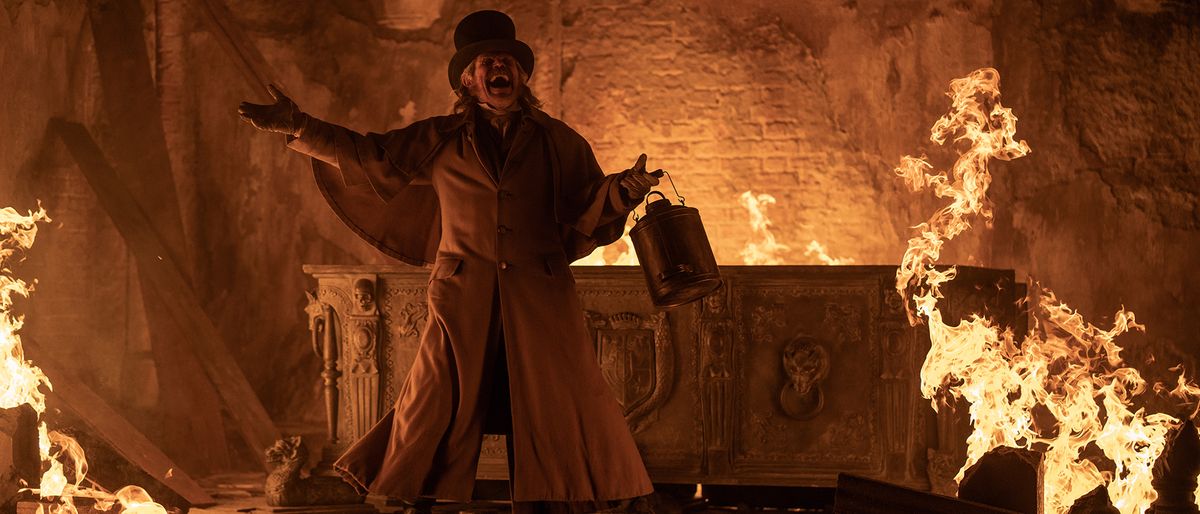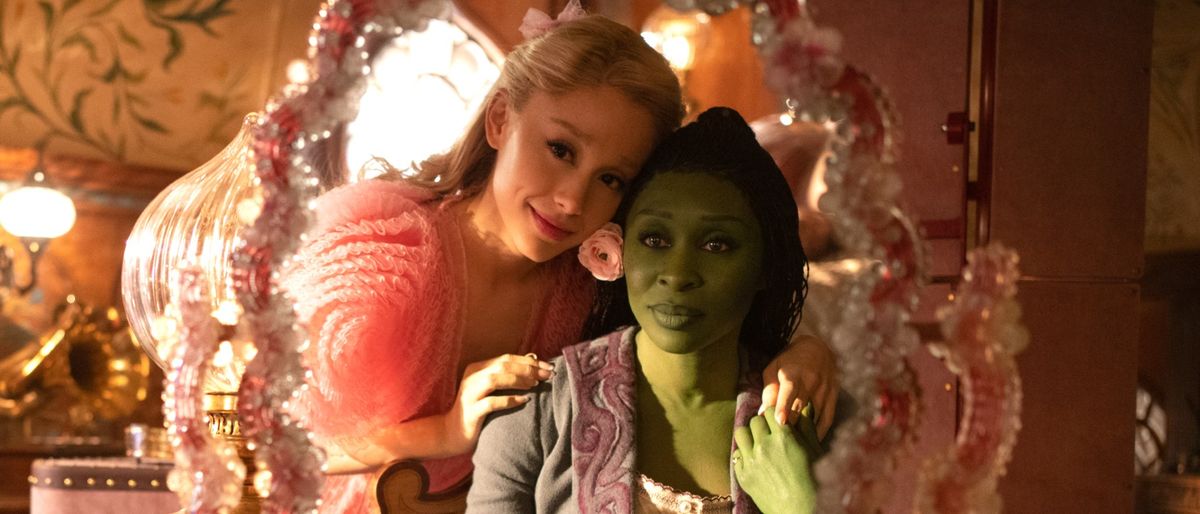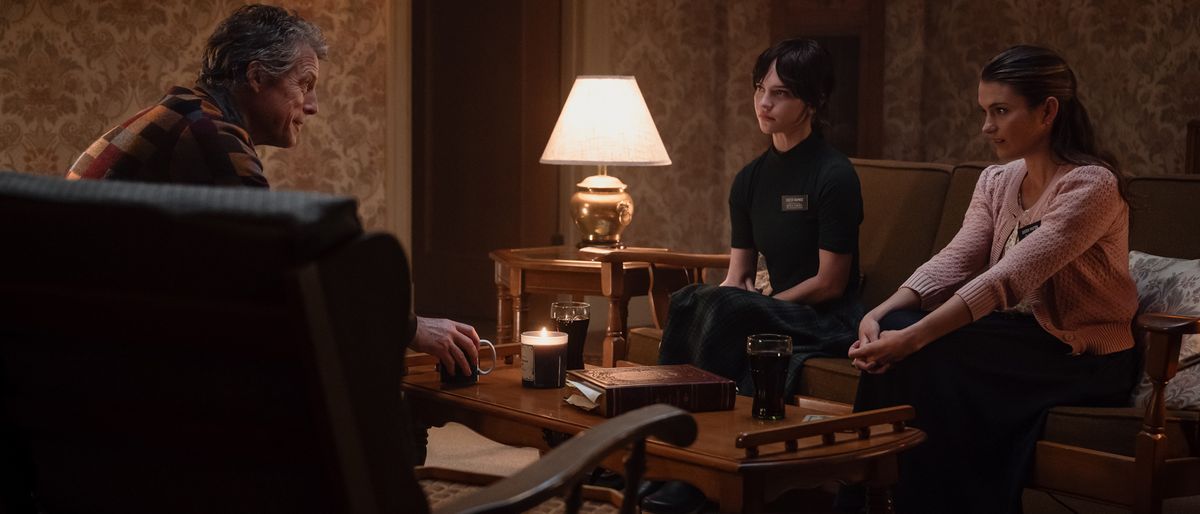
MLK/FBI is a documentary about Martin Luther King Jr. that focuses on his interaction with the American people, as well as the major political players of his time. When King’s influence inspired millions of people at the start of the civil rights movement, the FBI was given a presidential order to monitor his every action in order to ensure that he was not working with the communist party. The years-long wiretapping and surveillance ended up going above and beyond the original scope, in an attempt to assassinate his character.
The now deceased central figure of the story is Martin Luther King Jr., of whom we see archival footage mixed with some snippets of FBI documents, as well as law enforcement propaganda films from that era. This is cut together with interviews of people still living who were a part of that history.
The film opens with the peaceful protest march on Washington Mall. There are throngs of people who are following Martin Luther King Jr. to the Lincoln memorial, where he makes his famous “I Have a Dream” speech. There is no violence, rioting, or nasty interactions between the crowd and the law enforcement nearby.
But this fame comes with consequences, as two days later the head of the FBI, William C. Sullivan, writes a memo about King saying, “We must mark him now as the most dangerous negro in the future of this nation.” The fact that King apparently leads an army of supporters is the threat here, even though in all his speeches and actions he condones only non-violent protests.
Needing a reason to keep a close watch on King, the FBI requests permission to do round the clock surveillance, which includes wiretapping his telephone, taking photos, following him around and even monitoring his hotel rooms every time he traveled. This permission is granted by Attorney General Robert F. Kennedy, although it is meant to be temporary and only to see what King’s involvement is with one of his allies, Stanley Levison, deemed a communist and thus a threat to the USA.
The FBI does not find MLK guilty of communism, but what they do find are numerous situations where King engaged in extramarital affairs. President Lyndon B. Johnson wanted to sully King’s reputation because he deemed him unfit for leadership and a threat to the USA.
Despite the FBI’s openness on what was going on at the time and how they were doing it, there was a great deal of public approval regarding spying on Martin Luther King Jr. It also leaves open a discussion as to why the FBI was unable to provide protection for King when he was assassinated, despite their thorough monitoring and duty for the public good.
Director Sam Pollard (Sammy Davis, Jr.: I’ve Gotta Be Me) offers a tell-all story about an interesting topic, yet narrows his focus on the racial tension from the FBI and of that era, while he pulls back from delving too far into any questionable material about Martin Luther King Jr. The talking heads interviews are rich with a unique insight that Pollard has cut together with powerful real-life footage, which creates a memorable and lasting impression on an uncomfortable topic.
MLK/FBI is primarily based on the 1981 source material by Pulitzer prize winning historian David J Garrow’s book The FBI and Martin Luther King Jr.: From ‘Solo’ to Memphis. Additionally, there are some FBI documents available, although many are heavily redacted.
As disturbing as it is prescient, MLK/FBI offers a deep insight into the backhanded dealings of the FBI, a window of the latest part of Martin Luther King Jr.’s life, the civil rights movement and the deep roots of modern racism in our country. Packed with informative facts, documents and interviews with relevant people, the film can’t be ignored, although its laser focus may leave it blind to anything outside its original scope.
Source


